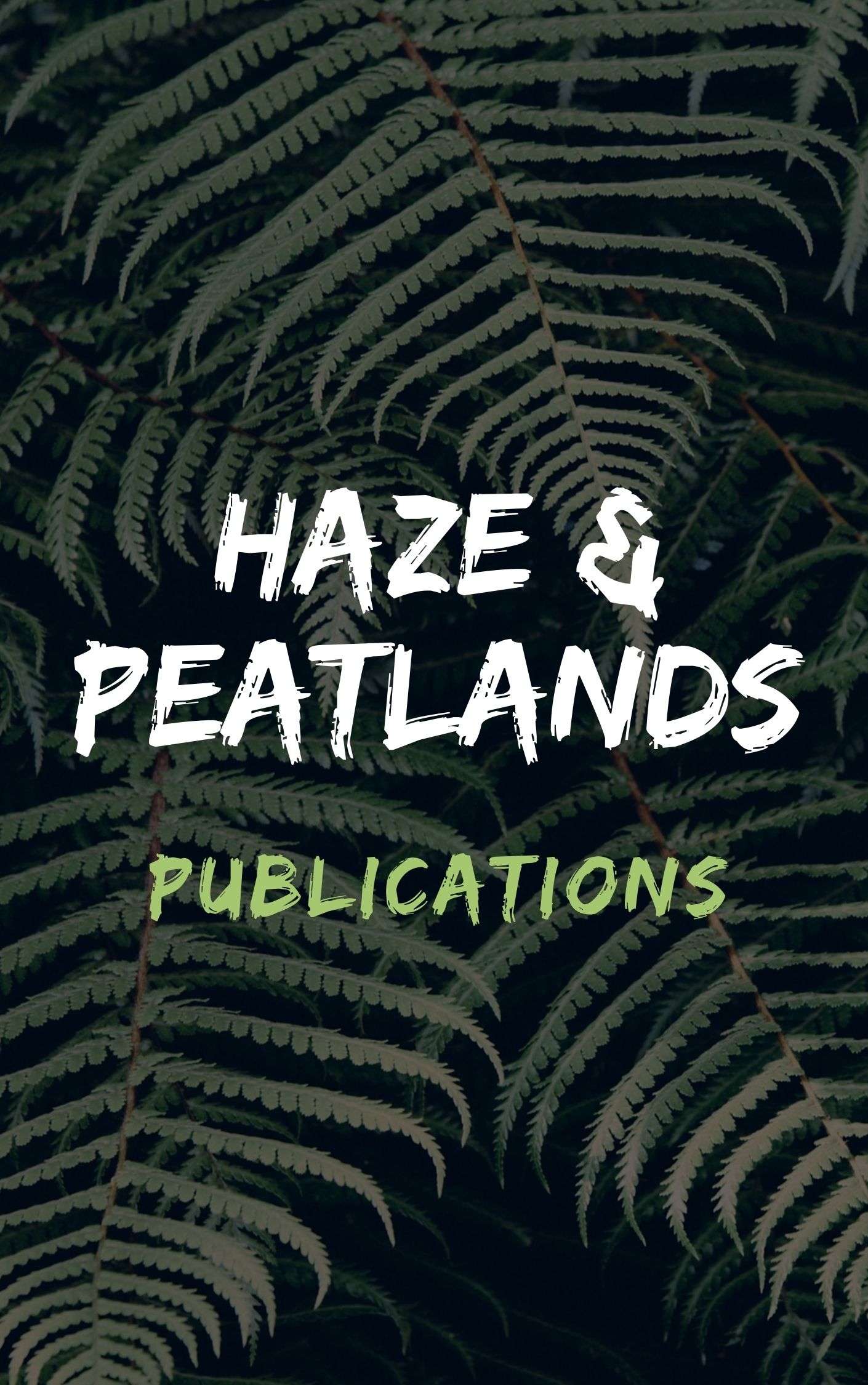So-called global land grabbing is not only a response to socio-ecological shifts but can also generate substantial subterranean and atmospheric biogeochemical changes. As land acquisitions for agricultural development play out in Indonesia, the country's peatlands have been a key to rapid and expansive oil palm development. Oil palm production in tropical peatlands, however, requires soil drainage through hydrological engineering, which stimulates carbon dioxide emissions. Research on the quantities and mechanisms of those carbon emissions has been central to generating scientific consensus stipulating peatland conservation and rehabilitation, rather than agricultural development. Yet, alternate scientific knowledge networks have generated what I call divergent expertise, which supports a peatland management strategy of continued development despite ecological risk. This divergent expertise raises questions of how land is made suitable for large-scale acquisition and investment for agricultural development, and how to manage the biogeochemical crises that can ensue when land is incorporated into land grab regimes.
View source

